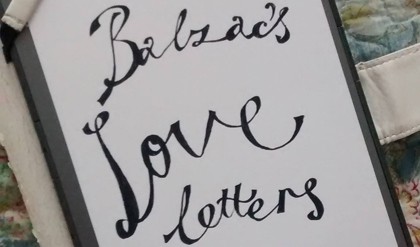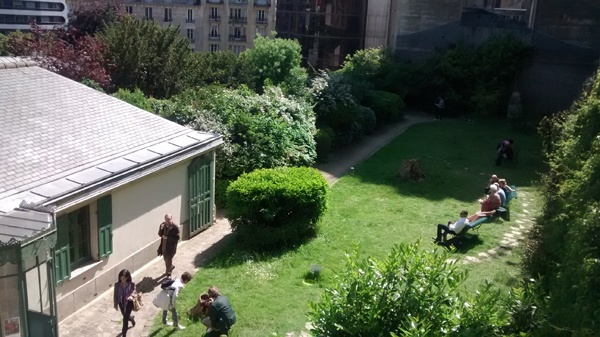
13/10/2015, by CLAS
‘I’m writing a book about love letters’: My MHRA Research Scholarship
Pitching your book proposal to an editor is apparently a bit like appearing on the game show ‘The Bachelor’ (according to Rachel Toor’s article, ‘The Reality of Writing a Good Book Proposal’). ‘The Bachelor’ is a reality TV show where a man has to pick one woman to take out on a date, rejecting the 20 or so other candidates. Rachel Toor has called this show ‘a pretty close representation of what my life was like as a university-press acquisitions editor’.
Imagine that there are twenty or so beautiful book proposals on a publishing agent’s desk at any one time, and there is absolutely nothing wrong with any of them, but he or she can only accept one. It is not good enough to have a really great book project in the pipeline and just assume that its brilliance will speak for itself. The book proposal needs to explain very clearly why the book is original and where and why it will sell; you should never assume that your idea just ‘sells itself’.
This advice helped me enormously as I was writing my book proposal for an award from the Modern Humanities Research Association. The MHRA had announced that it would award two grants to help recent PhDs turn their thesis into a book. Amazingly, my book project – entitled ‘Balzac’s Love Letters: Correspondence and the Literary Imagination’ – won one of them.
Balzac’s correspondence is a curious medley in which literary celebrities of his day (such as Victor Hugo and George Sand) rub shoulders with provincial readers who wrote in to praise or criticize his latest novels. In 1832, one anonymous letter from a woman caught Balzac’s eye. The envelope bore an expensive postmark and a foreign coat-of-arms. Excited by the possibility of a friendship with a ‘Polish or Russian princess’, Balzac placed an advert in a newspaper in order to track down the unknown woman. The correspondence – and love affair – which resulted from this exchange are the subject of my book.
The MHRA grant gave me a salary for the duration of the 2014-15 academic year; The University of Nottingham offered me additional funding and a ‘home’: an office, library access, fantastic colleagues, and an opportunity to teach on several courses in the Department of French and Francophone Studies. Winning a grant which allowed me to spend an entire year working on my book while also working in the Department has been a huge privilege. And being able to say ‘I’m writing a book about love letters,’ whenever people at dinner parties ask me what I do, has been terrific fun.
And, of course, I now know how to write a really good book proposal.
Ewa Szypula
MHRA Research Scholarship: The Facts
What is it? A grant, tenable for one hear, to help you turn your PhD thesis into a book.
How do I qualify? You need to have recently finished your PhD in the field of Modern European Languages and also have an affiliation to a UK university, who will need to provide a reference.
What are the conditions of the award? You need to produce a publishable manuscript of your book within a year. You should also acknowledge the support of the MHRA in this and any other publications produced over the duration of the award.
For more information see the MHRA’s funding web page.
No comments yet, fill out a comment to be the first


Leave a Reply